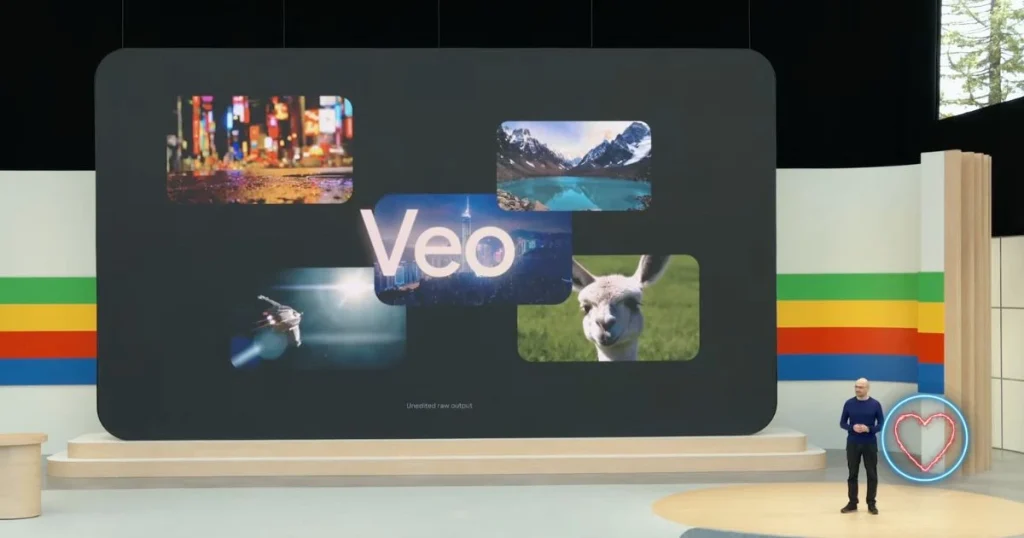Introduction
The world stands on the brink of a computational revolution unlike any in history. At the core of this transformation lies quantum computing, a field that blends quantum mechanics and computer science to solve problems that classical computers would take centuries to crack. Though still in its early stages, quantum computing promises to unlock new frontiers in cryptography, drug discovery, artificial intelligence, and climate modeling.
As quantum computers shift from theoretical constructs to practical machines, the question isn’t just how they work—but how they will change the world.
What Is Quantum Computing?
Classical vs Quantum
Traditional computers use bits, which are binary—each bit is either a 0 or a 1. These bits are manipulated through logic gates to perform computations. Even the most powerful supercomputers today follow this binary logic.
Quantum computers, on the other hand, use qubits (quantum bits). Unlike classical bits, qubits can exist in a state of superposition, where they can be both 0 and 1 simultaneously. This allows quantum computers to process a vast number of possibilities at once.
Key Principles of Quantum Computing
- Superposition: A qubit can be in multiple states at once, enabling massive parallelism in computations.
- Entanglement: Qubits can be entangled, meaning the state of one qubit is directly related to the state of another, no matter the distance between them.
- Quantum Interference: This allows quantum computers to amplify correct paths (solutions) and cancel out wrong ones during computation.
These principles grant quantum computers exponential speedups for certain types of problems—speedups that are unattainable with classical machines.
The Current State of Quantum Computing
Quantum computing has transitioned from laboratory experiments to early-stage, functional systems. While we’re not yet at “quantum supremacy” for all use cases, several major milestones have been reached:
- IBM, Google, Microsoft, and Intel have all developed quantum processors with 100+ qubits.
- Google’s Sycamore processor claimed “quantum supremacy” in 2019 by solving a problem in 200 seconds that would take a classical computer 10,000 years.
- IBM launched a 433-qubit processor in 2022 and aims for a 1000+ qubit machine in the near future.
- Startups like Rigetti, IonQ, and PsiQuantum are exploring different architectures (superconducting, ion trap, photonic).
Despite this progress, today’s quantum computers are mostly noisy intermediate-scale quantum (NISQ) devices, which means they are error-prone and not yet capable of outperforming classical computers on practical problems consistently.
Applications of Quantum Computing
1. Cryptography
One of the earliest and most talked-about impacts of quantum computing is in cryptography. Shor’s Algorithm, when run on a sufficiently powerful quantum computer, can factor large prime numbers exponentially faster than the best-known classical algorithms.
This threatens public-key cryptosystems like RSA, which are the foundation of internet security today. Governments and companies are now investing in post-quantum cryptography, algorithms believed to be resistant to quantum attacks.
2. Drug Discovery and Molecular Simulation
Quantum computers can simulate molecules and quantum interactions natively—something that’s extremely hard for classical computers. This can lead to:
- More efficient drug discovery
- Better understanding of complex proteins
- Tailored pharmaceuticals for individual genetics
Pharmaceutical giants like Roche, Pfizer, and AstraZeneca are already partnering with quantum computing firms for early research.
3. Artificial Intelligence
Quantum machine learning (QML) is an emerging field combining the power of quantum computing with neural networks and AI models. Quantum computers may be able to:
- Speed up training of machine learning models
- Solve complex pattern recognition tasks
- Enhance optimization in neural networks
While this is still highly theoretical, early experiments have shown promising results.
4. Financial Modeling
Financial markets are complex, dynamic, and heavily reliant on risk modeling and optimization. Quantum computing can assist in:
- Portfolio optimization
- Option pricing
- Fraud detection
- Scenario simulation
Institutions like Goldman Sachs, JPMorgan Chase, and Barclays have dedicated quantum research teams.
5. Climate Modeling and Materials Science
Quantum computers can simulate the behavior of atoms and molecules under different conditions, potentially leading to breakthroughs in:
- New materials (like superconductors)
- Battery technologies
- Carbon capture and sequestration solutions
- Long-term weather and climate modeling
These applications could significantly accelerate sustainable technology development.
Challenges and Limitations
Despite the hype, quantum computing faces significant hurdles:
1. Error Rates and Decoherence
Qubits are extremely sensitive to their environment. They can lose their quantum state (a phenomenon called decoherence) quickly due to noise, vibration, and temperature changes.
Maintaining stable qubits requires cryogenic temperatures and highly controlled environments. Quantum error correction is a major focus but requires vast overhead—potentially thousands of physical qubits for a single logical qubit.
2. Scalability
Going from 50 qubits to 5,000 is not a linear process. New breakthroughs in materials science, architecture, and quantum algorithms will be necessary to build machines powerful enough for widespread practical use.
3. Software and Algorithms
Quantum programming is fundamentally different from classical programming. Tools like Qiskit (IBM), Cirq (Google), and Q# (Microsoft) are helping developers, but the talent pool is still small and mostly academic.
Moreover, we still lack quantum algorithms for many real-world problems—research in this space is active but very early.
4. Security Concerns
While quantum computers could break current encryption, the timeline for that remains uncertain. Nevertheless, the mere possibility is prompting governments and businesses to begin transitioning to quantum-resistant cryptography.
Who’s Leading the Quantum Race?
Several countries and corporations are investing heavily in quantum computing:
Countries:
- United States: Home to most leading companies and startups.
- China: Rapid progress in quantum communication and computing.
- Canada: Strong in academic research (e.g., D-Wave, University of Waterloo).
- Germany, France, UK: Significant EU funding and industrial applications.
Companies:
- IBM: Open-source Qiskit and a clear roadmap for scaling.
- Google: Pioneered quantum supremacy claim.
- Microsoft: Focused on topological qubits and a complete quantum stack.
- Amazon Braket: Cloud-based access to quantum hardware.
- Startups: IonQ, Rigetti, Xanadu, PsiQuantum—all exploring different hardware solutions.
The Future of Quantum Computing
Quantum computing is not expected to replace classical computing; rather, it will complement it—acting as a specialized tool for specific classes of problems.
Near-term (2025–2030)
- Improvements in NISQ devices
- Early commercial applications in optimization and simulation
- Growth of quantum cloud services
- Better quantum programming tools
Mid-term (2030–2040)
- Development of fault-tolerant quantum computers
- Real breakthroughs in materials science, medicine, and finance
- Cryptographic shifts and standardization of post-quantum encryption
Long-term (Beyond 2040)
- Mainstream integration into supercomputing infrastructure
- Possible applications we can’t yet imagine—similar to how classical computers evolved
Conclusion
Quantum computing stands as one of the most promising—and potentially disruptive—technologies of the 21st century. Though we are still at the dawn of this new era, the pace of research and investment suggests that within our lifetimes, quantum computers may become as common in labs, research centers, and even businesses as classical computers are today.
The race is on, not just to build faster machines, but to ensure that quantum technology is accessible, ethical, and secure. As with any technological leap, its ultimate impact will be shaped not just by what it can do—but by how wisely we use it.











